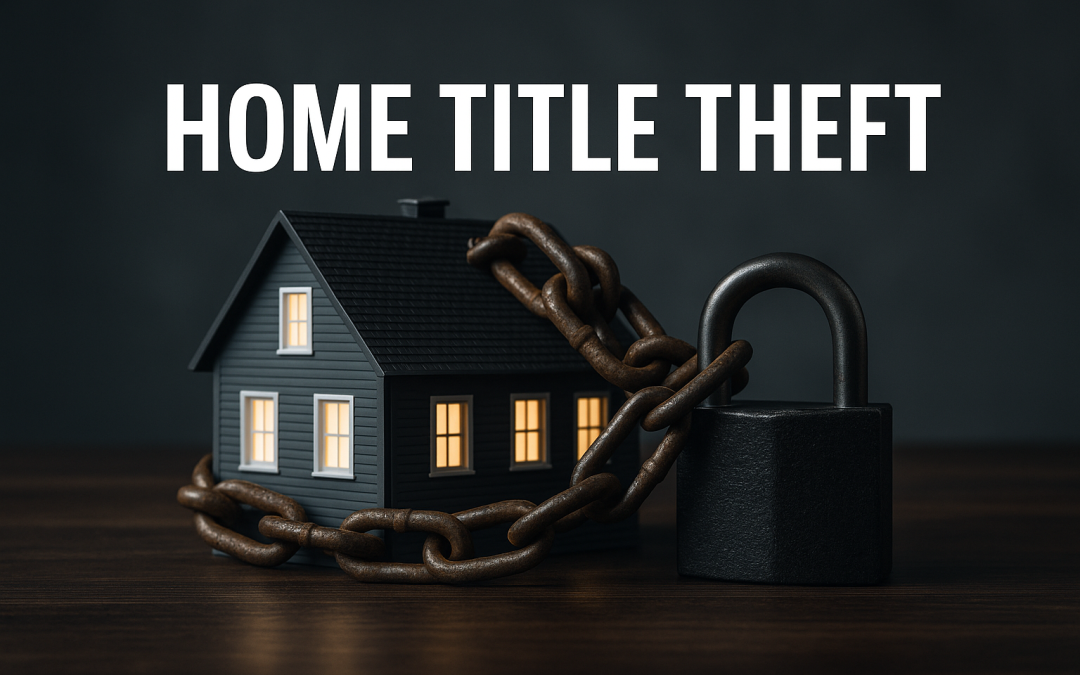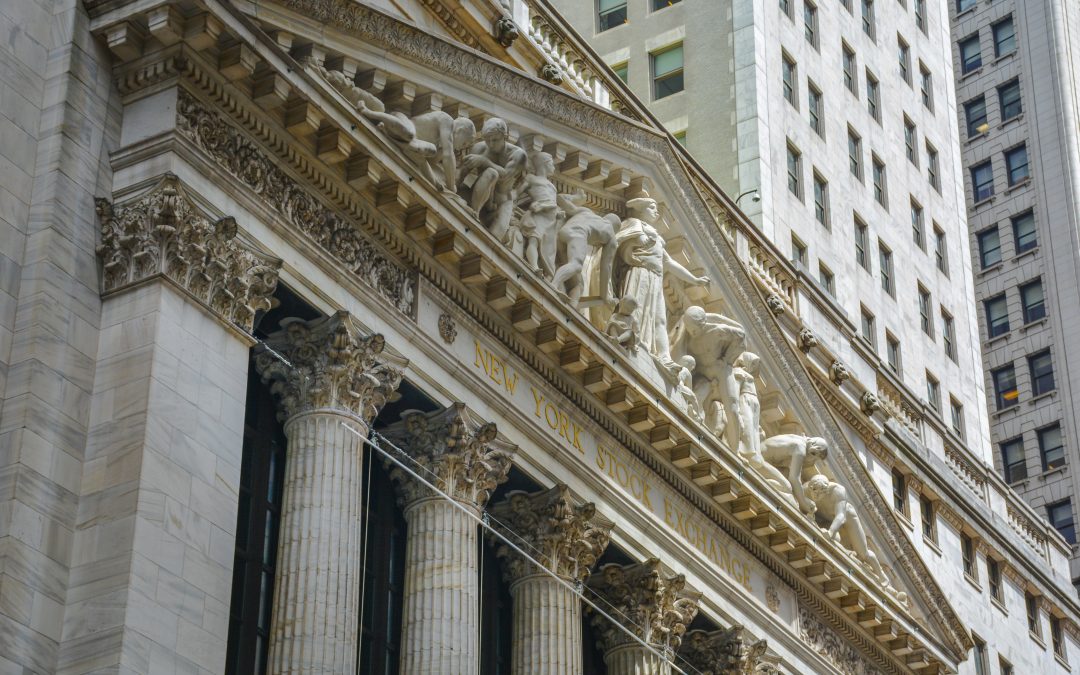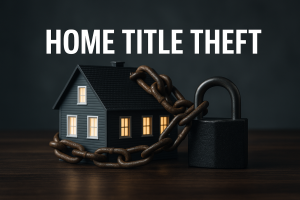Mortgage Loans
 It is sad that we are all culturally conditioned to get the biggest house that we can “afford.” And by “afford” we are talking about affording “the monthly payments” (not really being able to afford the house). If you take this too far and borrow too much you can end up being “house poor.” What that means is that your payments for your home are so significant to your own financial situation that you don’t have enough money left over for other needs and obligations. Just because someone will give you a loan doesn’t mean it works for you. It is critical that you look at the payment compared to your other monthly obligations to make sure it fits into your budget without creating an undue hardship on you.
It is sad that we are all culturally conditioned to get the biggest house that we can “afford.” And by “afford” we are talking about affording “the monthly payments” (not really being able to afford the house). If you take this too far and borrow too much you can end up being “house poor.” What that means is that your payments for your home are so significant to your own financial situation that you don’t have enough money left over for other needs and obligations. Just because someone will give you a loan doesn’t mean it works for you. It is critical that you look at the payment compared to your other monthly obligations to make sure it fits into your budget without creating an undue hardship on you.
If you can do a 15 year mortgage rather than a 30 year without creating an undue hardship you may want to consider it. Becoming mortgage debt free 15 years earlier can be a tremendous advantage to your financial future. Another option is to take the 30 year mortgage but make additional principal payments that gets you on a 15 year pace. If you are going to do this you need to be really disciplined or put it on an automatic payment, as it will be too tempting to skip some months when you would rather spend the money on something else. The one advantage of paying down a 30 year mortgage at a 15 year pace is that if a financial crisis ensues, you are only obligated for the 30 year payment (instead of being obligated to a much larger 15 year payment). In other words, you would have more financial headroom in case of a financial crisis.
I’m not a big fan of an interest only mortgage, as you are making no financial headway (you are just paying interest). Often people do this so they can “afford” a house that is out of reach financially with a traditional mortgage. I see this really as renting rather than owning since you are just making payments to live there but not making equity progress from a payment perspective. Some have done this in markets that are expected to have significant price appreciation, making a play to make a profit from the equity gain while paying as little as possible. This is somewhat of a risk (leverage cuts both ways).
I’m also not a big fan of a mortgage over 30 years. In my opinion, if you need to take out a mortgage that long in order to afford the payments, you are probably buying too much house.
Another cost of a mortgage loan that you want to avoid is PMI. PMI = Private mortgage insurance. This is generally required for anyone that puts down less than 20% of the purchase price of a home. This can add a significant amount to your monthly payment. This insurance is for the lender (in case you can’t make the payments) but you pay for it. The only way to get out of this is to put down at least 20% or request that it be dropped once your home value increases and your equity position gets you to 20%. Check with your lender to find out how this process works (what proof do they need). In many cases you will need to pay for an appraisal to prove that you have the 20% equity.
Related Article: Stop Paying PMI

How Likely is Home Title Theft?
If you are a homeowner or landowner, you are probably alarmed if you have read or heard about criminals stealing homes and land via title theft. Let's discuss the odds and what can be done about it. Ironically, as discussed later, the duped buyer and mortgage lender...

2025 IRS standard mileage rate is 70 cents per mile
The new standard mileage rate in 2025 per the Internal Revenue Service is 70 cents per mile, an increase of 4.5% over the previous year. This is the standard rate employees can submit to their employer for non-taxable business mile reimbursements for travel in 2025. ...

9 low cost physical Gold ETFs for portfolio parity
Retail investors can avoid the hassle and expense of holding physical gold bullion or gold bars by owning it indirectly via physical gold exchange-traded funds. For many, this can be an efficient and cost-effective way to hold gold in a portfolio. Holding the...

Tips to avoid overpaying for funeral home services
Funerals and burials can be very expensive, often averaging from $7,000 - $12,000. The ranges can vary significantly throughout the country, just like the price of other consumer items. Cremation is becoming more popular. The cost of a funeral with cremation...

How to save money with an assumable FHA mortgage
Higher interest rates in recent years have made low interest rates on assumable FHA mortgages an attractive alternative for home buyers. Federal Housing Administration (FHA) mortgages are overseen by the U.S. Department of Housing and Urban Development. In the...

Taxes due when receiving a car allowance for work
As an employee, you should be aware of the potential tax implications of receiving a flat-rate car allowance for work. With higher gas prices and other vehicle costs these days, the last thing you need is to pay more taxes than you need to. It’s...

How to build the Coffeehouse Portfolio with ETFs
The Coffeehouse portfolio was derived from the book, "The Coffeehouse Investor," by Bill Schultheis (1998). The author was a former broker for Smith Barney who lectured on investing and personal finance after writing the book. The basic premise of the book is that...

How to protect your family with an emergency binder
A family emergency binder is a way to organize your important medical, financial, and legal information for you or other family members to reference during a time of crisis or loss. This can be in paper form or electronic form. The main benefit is having the relevant...

Which small-cap value fund is better: VSIAX or VBR?
Both VSIAX and VBR have the same investment holdings, since they are just different share classes of the same fund. The primary difference is that one is a traditional mutual fund (VSIAX) and the other is an ETF (VBR). VSIAX = Vanguard Small-Cap Value index Fund...

Total Stock Market fund VTSAX vs S&P 500 ETF VOO
VTSAX = Vanguard Total Stock Market Index Fund Admiral Shares VOO = Vanguard S&P 500 ETF VTSAX vs VOO chart CategoryVanguard Total Stock Market Index Fund Admiral SharesVanguard S&P 500 ETFCommentsTicker...

